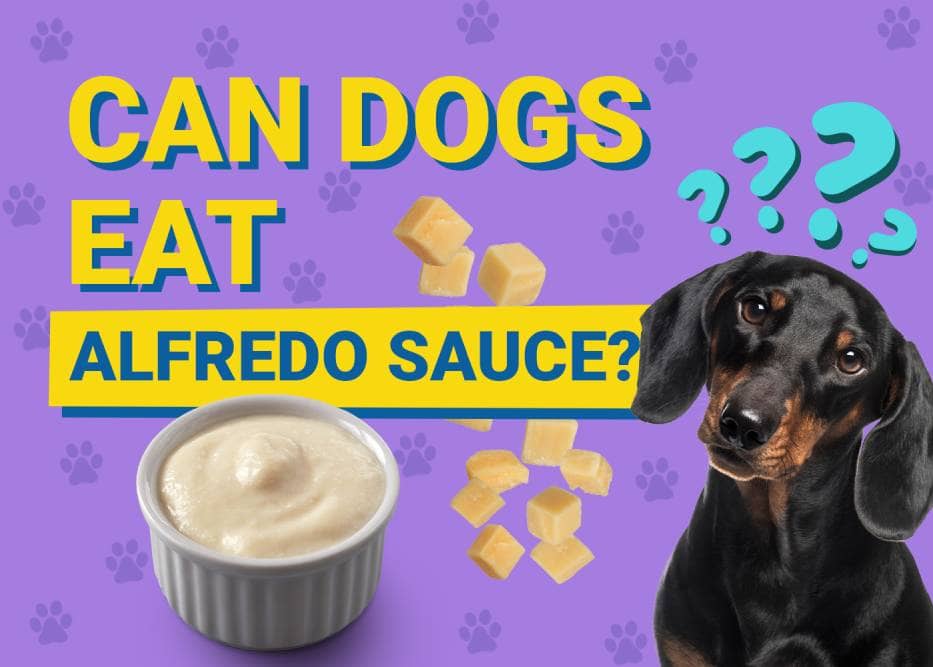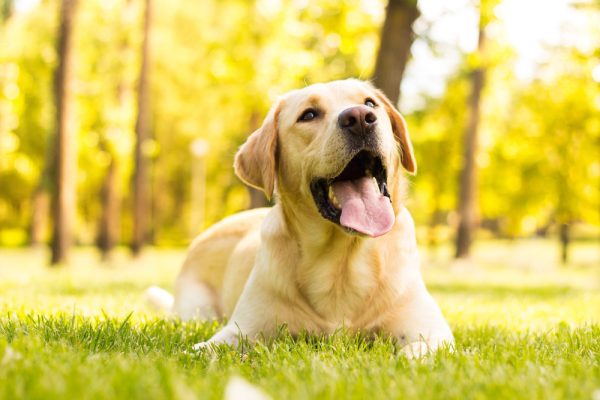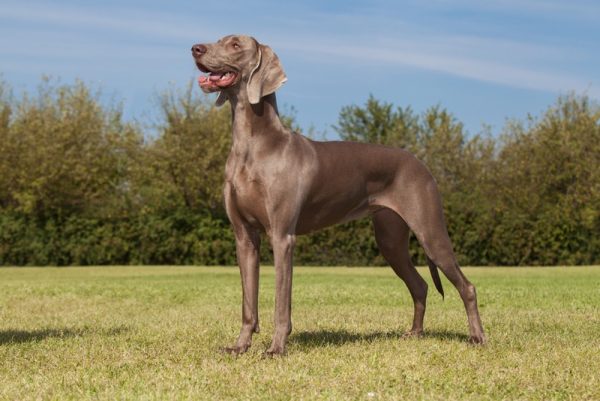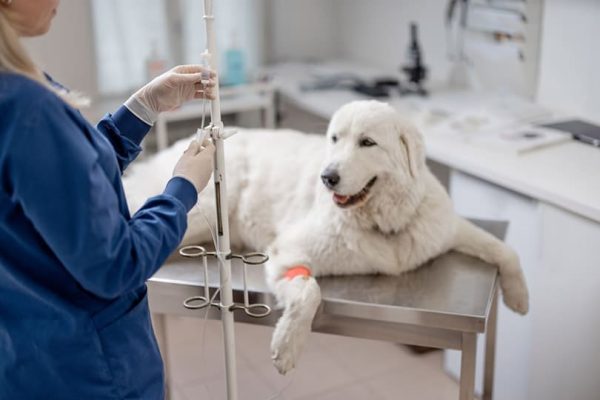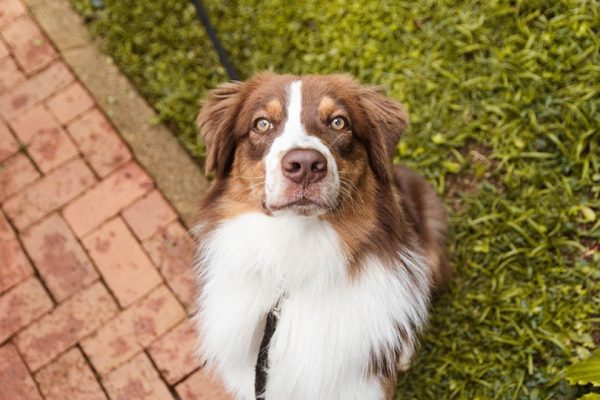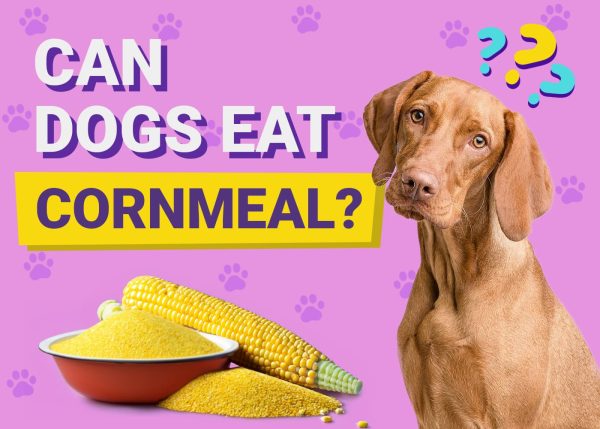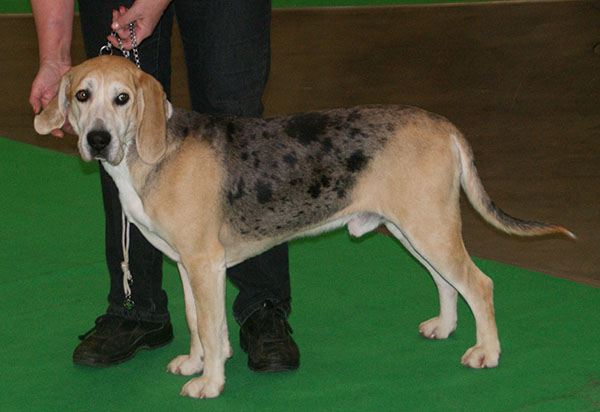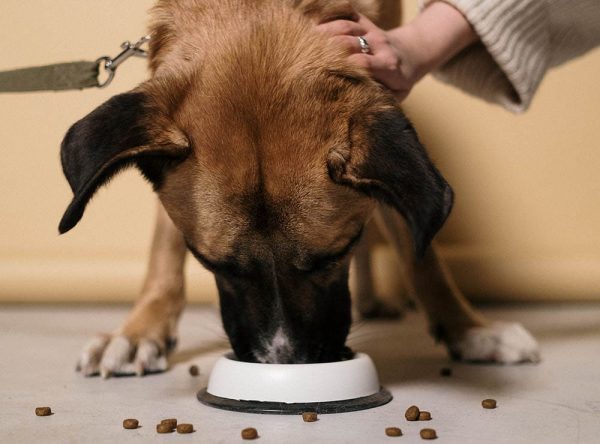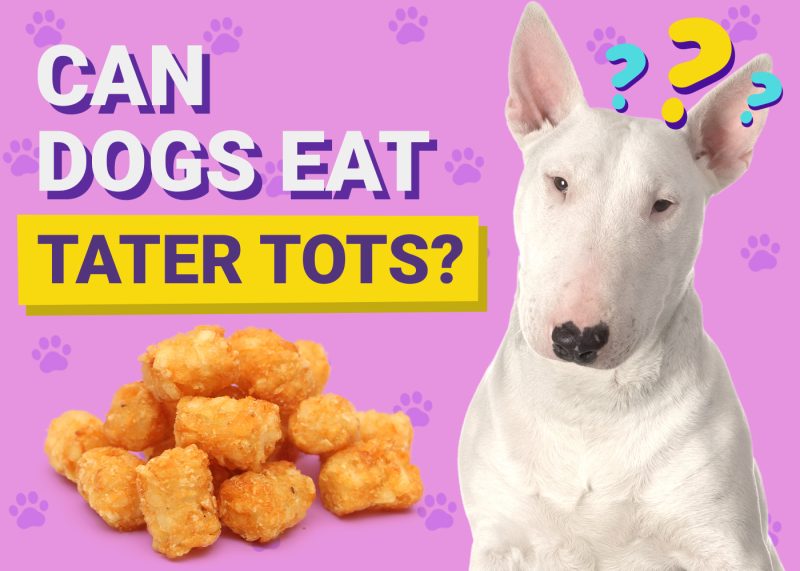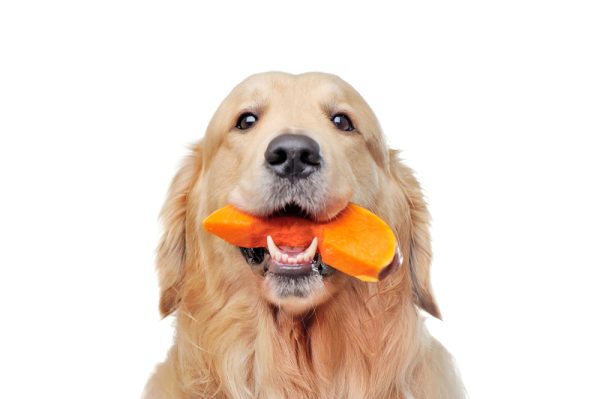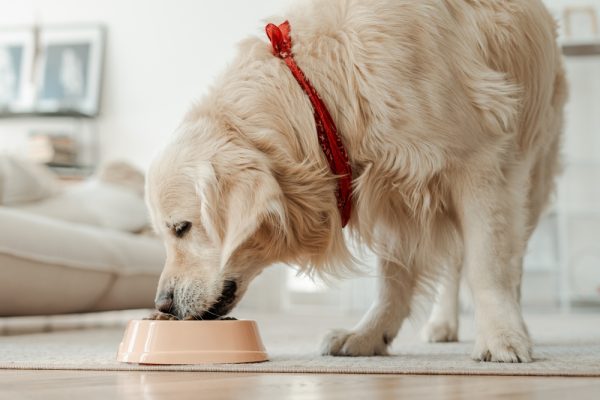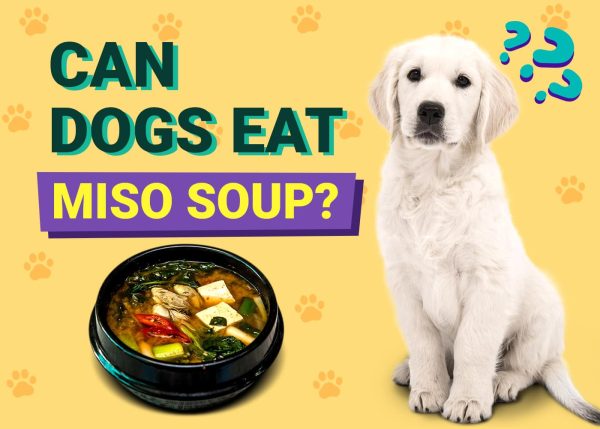Alfredo sauce is an Italian sauce made with cheese, butter, cream, and salt, but typically also includes garlic and onion. Dogs do not need to be given extra salt in their diets, and even if your dog can tolerate dairy products like cheese, butter, and cream, they tend to be high in fats so should not be fed to your dog.
What’s more, if the Alfredo sauce includes garlic and onion, both of these ingredients are considered toxic to dogs, and relatively small amounts can prove problematic for your pets. As such, Alfredo sauce is definitely not recommended for dogs. Plain pasta, which is usually served with Alfredo sauce, is considered safe for dogs, and there are some human foods that can be given to dogs as a treat.
Read on for more information on the potential perils of feeding Alfredo sauce to dogs, and alternatives that you can give instead.

Ingredients in Alfredo Sauce
Alfredo Sauce was developed by chef Alfredo Di Lelio in the mid-20th Century. It is still popular today, although the traditional recipe has been adapted somewhat to include ingredients like double cream, and many variants of the dish also include garlic and onion.
Traditionally served with pasta, Alfredo sauce is rich and tasty for humans, but dog owners should avoid giving it to their pets.
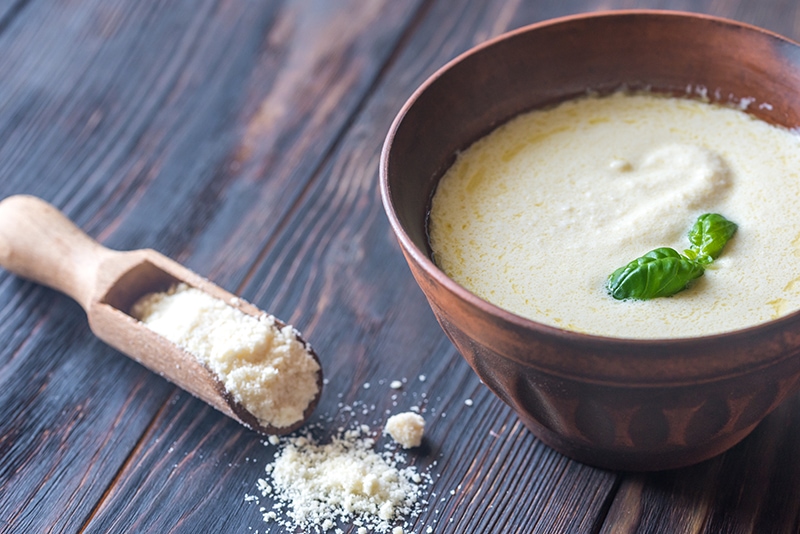
Cheese
There has long been debate over whether dogs should be fed cheese. Many owners swear by its use as a training aid and to hide medication as a pill-giving aid. But, many dogs are lactose intolerant, and cheese can cause digestive upset.
Many dogs can safely be given small amounts of cheese, and as long as you avoid fatty cheese like brie, cheese can actually be good for our canine companions because it contains calcium which is good for the bones and teeth. Cheese is also high in calories, which means that feeding too much of it, too often, can cause weight gain in your dog.
If you need to speak with a vet but can't get to one, head over to PangoVet. It's our online service where you can talk to a vet online and get the advice you need for your pet — all at an affordable price!
Butter
Another main ingredient in Alfredo sauce is butter. This is a dairy product, too, so it may cause gas and gastrointestinal complaints in some dogs. Furthermore, butter is high in saturated fats and calories, but doesn’t provide much nutritional benefit.
Finally, some butter contains additional salt. While salt in a small amount is good for your dog’s health, too much salt can cause salt toxicosis.
Salt
Dogs do require a small amount of this electrolyte to maintain fluid balance and nerve conduction. However, they have much lower requirements for salt than humans do and salt should not be added to their diets.
Onion and Garlic
Onion and garlic are part of the allium family, which also includes chives and leeks. All members of this family cause inflammation of the gastrointestinal tract while the main ingredient in allium members can cause red blood cells to burst, preventing oxygen from being effectively delivered to the organs of the body.
Even small amounts of garlic and onion powder can cause toxicity, so if Alfredo sauce includes onion and garlic, you must ensure your dog does not have any of the sauce at all.

Top 5 Human Foods Your Dog Can Eat
Some dogs are perfectly content eating their own food and may never bat an eyelid at the food you’re eating. But many dogs want to try a mouthful of what’s on your plate, and as a caring owner who loves their dog, it can be tempting to let them have a tasty morsel to try.
Below are five human foods that are considered safe to give to dogs.
1. Bananas
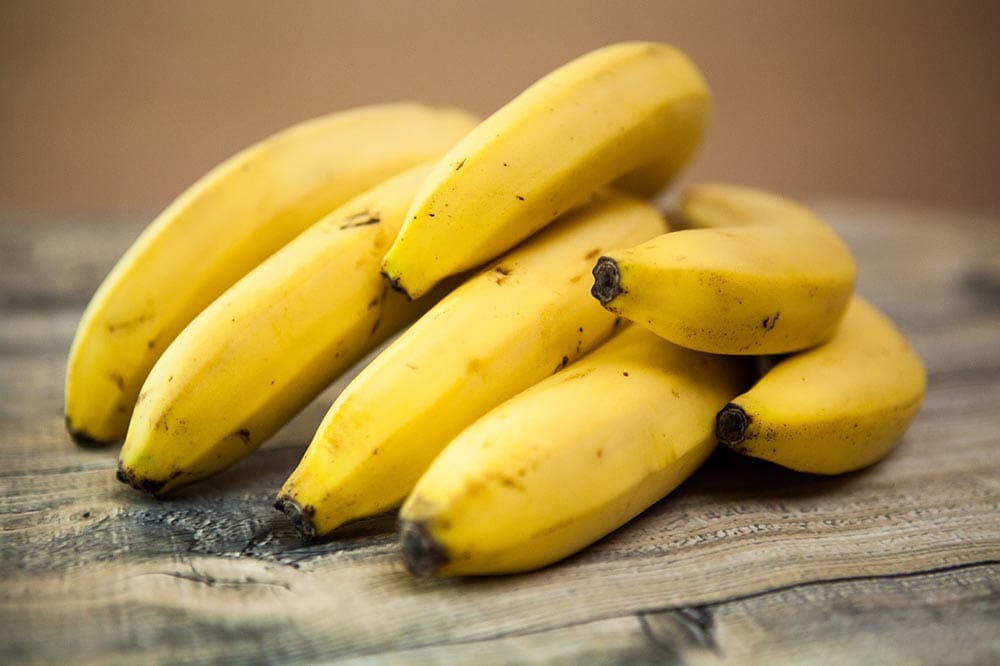
Bananas are full of potassium and fiber, which provide energy to the body. This is why they are a popular treat with sportspeople, and also why they are considered a beneficial treat for dogs. They are high in sugar, though, which means that bananas should be fed in moderation.
Mash up a few slices to put in a feeder toy or freeze a few slices to give as a cooling summer treat to your dog.
2. Carrots
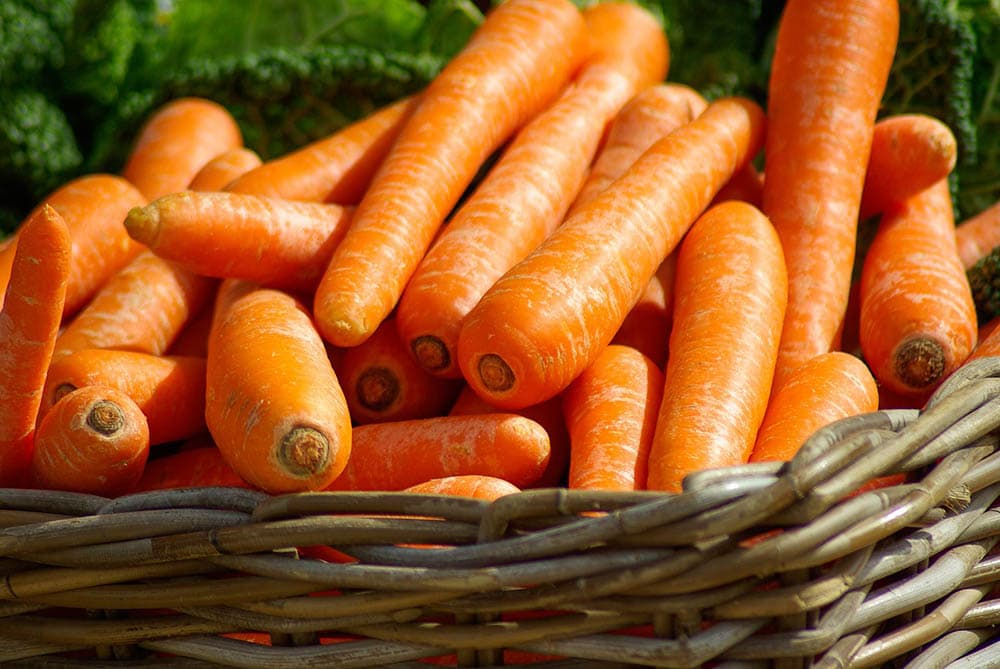
Carrots also contain potassium and are also high in vitamin A and fiber. They are also lower in calories than a lot of other human foods and even most fruits and vegetables, which means that they are a healthier treat than most alternatives.
The texture of the carrot means that it is also good for your dog’s dental health because chewing on the vegetable will help combat tartar and plaque buildup.
3. Chicken
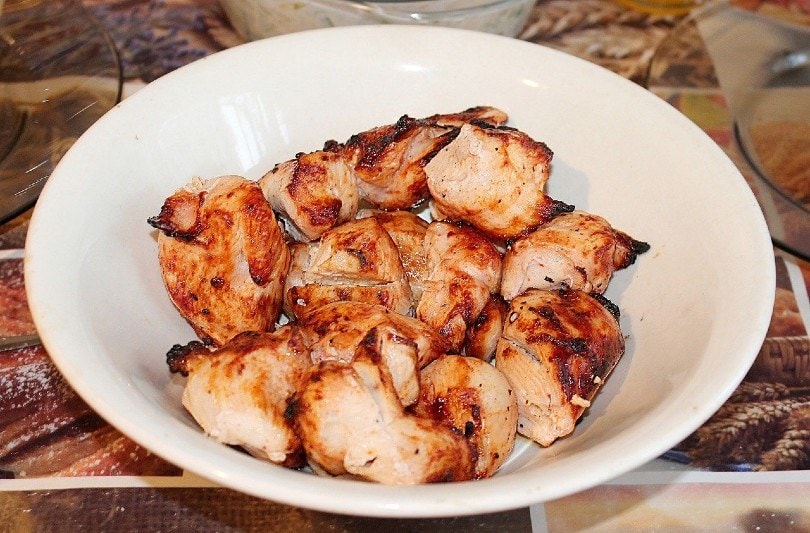
Chicken is a protein-rich food source that is found in wet and dry foods, as well as in treats. If you are going to feed chicken to your dog, remove it from the bone once cooked, and only serve it plain. Adding salt or other flavorings can turn this healthy treat into a potentially damaging snack.
4. Eggs
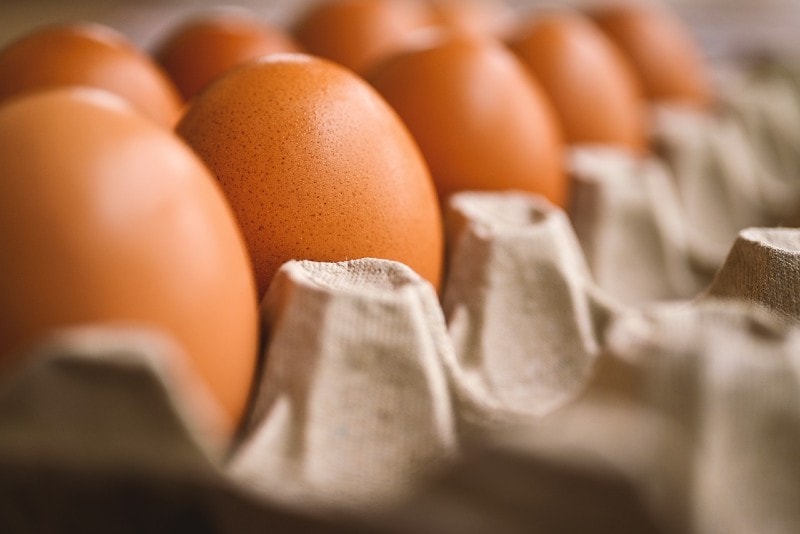
Although they should be fed in moderation because they contain a lot of calories, and raw eggs may also contain salmonella bacteria, cooked eggs are good for dogs. Do not give fried eggs, instead scramble or boil them, and you can provide a good range of amino acids.
Even the shells are good for dogs, which is why eggshell is sometimes seen as an ingredient in commercial dog food.
5. Peanut Butter
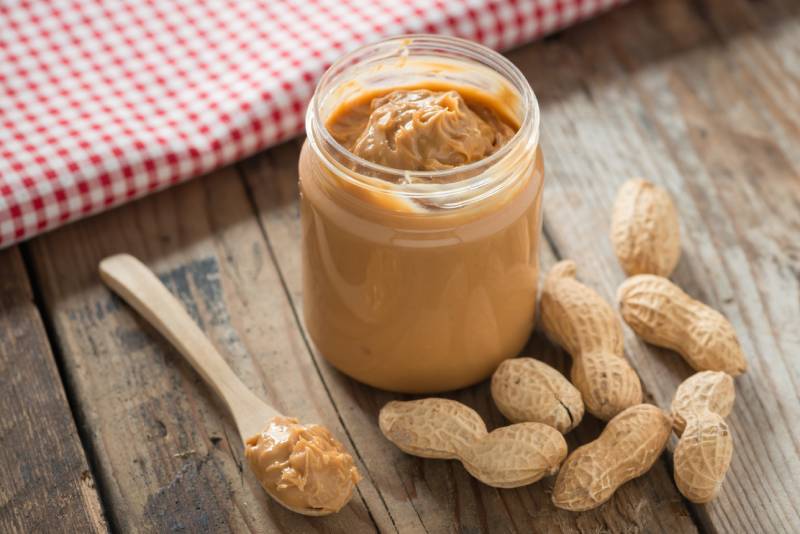
It needs to be plain and unsalted, but peanut butter is a really good snack for dogs, and it is often used in conjunction with biscuits to fill a treat toy or food toy thanks to its sticky texture. You should also ensure that the peanut butter does not contain added sugar and especially not xylitol or other sweeteners.
Otherwise, peanut butter contains vitamins B and E, as well as protein.

Conclusion
There are plenty of human foods and snacks that can safely be fed to dogs, as well as those that are designed specifically for canine consumption.
However, Alfredo sauce should not be given to dogs, because even though this pasta sauce only has a handful of ingredients, several of them are considered bad for dogs, and if the Alfredo sauce contains onions and garlic, these can be toxic to your dog.
Related Read:
